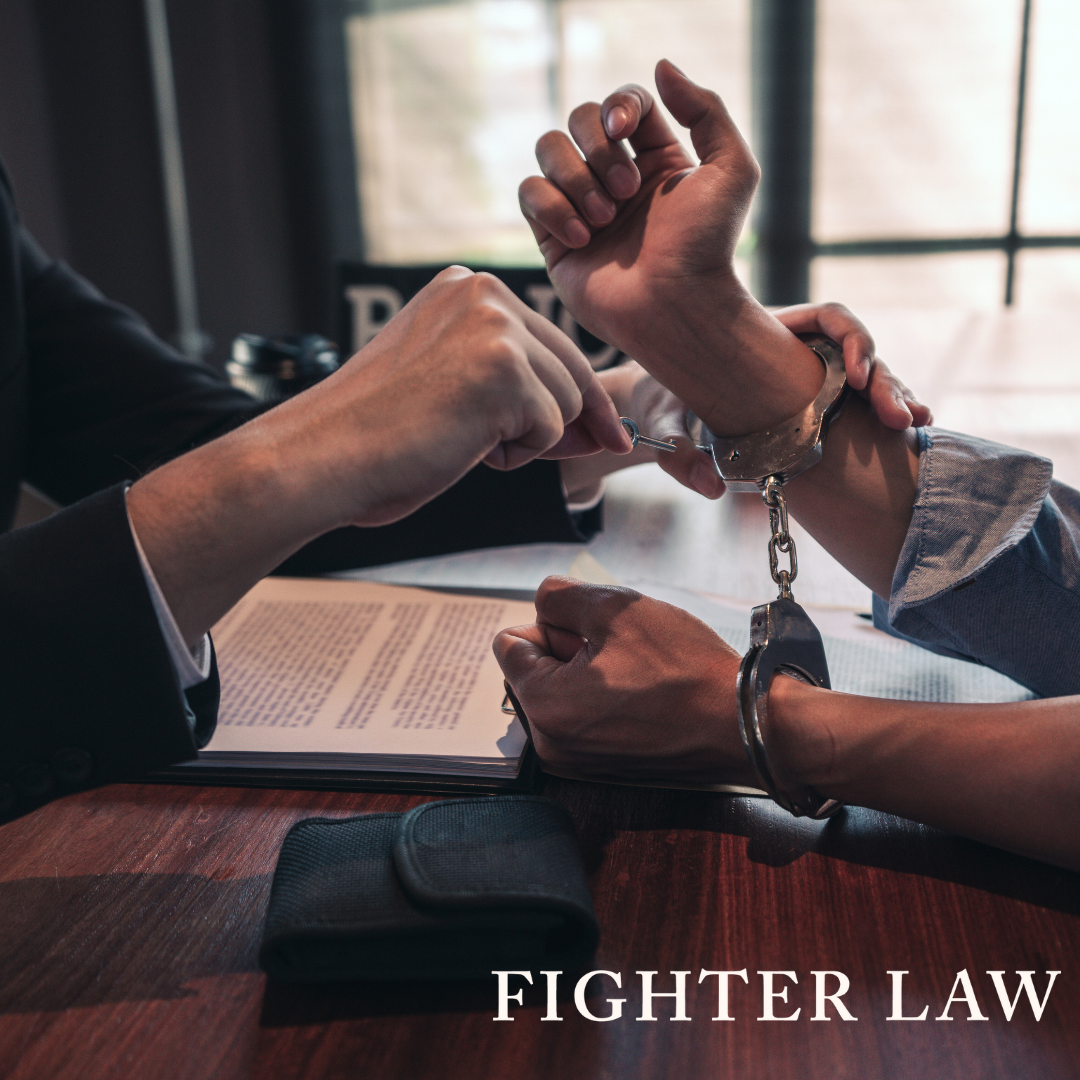
Marcy’s Law and Violations of Probations
Understanding Marsy’s Law and Its Application in VOP Proceedings
At Fighter Law, we are dedicated to representing victims of crimes, and one of the most important protections that we fight to uphold is the right to be heard. Florida’s Marsy’s Law, which guarantees certain rights to victims of crime, has far-reaching implications that extend beyond the original criminal trial. The First District Court of Appeals held recently in Camel v. State, that Marsy’s Law applies not just in criminal trials, but also in violation of probation (VOP) proceedings.
What is Marsy’s Law?
Before we dive into the case itself, it’s important to briefly discuss what Marsy’s Law is and why it matters. Passed as a constitutional amendment in 2018, Marsy’s Law enhances the rights of crime victims within the criminal justice system. These rights include:
- The right to be treated with dignity and respect.
- The right to be informed of all processes and procedures related to the case.
- The right to be present at proceedings and heard in court, where appropriate.
- The right to seek restitution for the harm suffered.
In short, Marsy’s Law aims to ensure that victims of crime are given a voice in the criminal justice process, protecting their interests and promoting fairness.
The Case: Camel v. State
In Camel v. State the defendant, Camel, was on probation for a criminal offense and subsequently violated the terms of his probation. One of the central issues in the case was whether Marsy’s Law applied to the VOP hearing, which is a legal proceeding that takes place when an individual is accused of violating the terms of their probation.
The court held that Marsy’s Law does indeed apply to VOP proceedings in the same way it applies to the original criminal proceedings. This is a significant ruling because it reinforces the idea that victims have rights not only during the criminal trial but also throughout the entire judicial process, including in proceedings related to probation violations.
Why This Ruling Matters
Victims of crimes have the right to be heard, to be notified, and to be involved in the judicial process at every stage — from the initial trial to post-conviction proceedings like probation hearings and violations. If you are the victim of a crime and the defendant violates the terms of their probation, you are entitled to the same rights under Marsy’s Law that you would have had if the case were still in its original trial phase.
If you are a victim dealing with a probation violation, this ruling may mean that you can actively participate in hearings and ensure your voice is heard in court. For example, if you are concerned that a defendant’s probation violation could harm you or others, you have the right to inform the court of these concerns.
How We Can Help
If you are the victim of a crime and have questions about your rights under Marsy’s Law, especially in cases involving probation violations, it’s important to seek experienced legal counsel who is familiar with both victims’ rights law and the complexities of criminal proceedings. We are here to help ensure that your rights are upheld throughout the entire legal process, including in probation violation hearings.
Share:
free case evaluation
Fill out the form below for an free evaluation of your case.
Categories
- Birth Injury
- Boating Accidents
- Car Accidents
- Civil Rights
- Criminal Defense
- Cyberstalking
- Divorce
- Dog Bite Injury
- Domestic Abuse Charges
- Domestic Violence
- Drug Charges
- DUI Charges
- Family Law
- Felonies
- Fighter Law Firm
- Firearms
- Firm News
- Guardianship
- Injunction Removal
- Injunctions
- Marketing
- Personal Injury
- Repeat Violence Injunction
- Restraining Order
- Seal and Expunge
- Self Defense
- Sex Crimes
- Slip and Fall
- Stalking Injunction
- Theft and Robbery
- Theme Park Trespasses
- Traffic tickets
- Uncategorized
- Wills and Trusts

